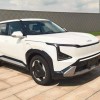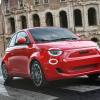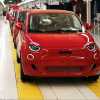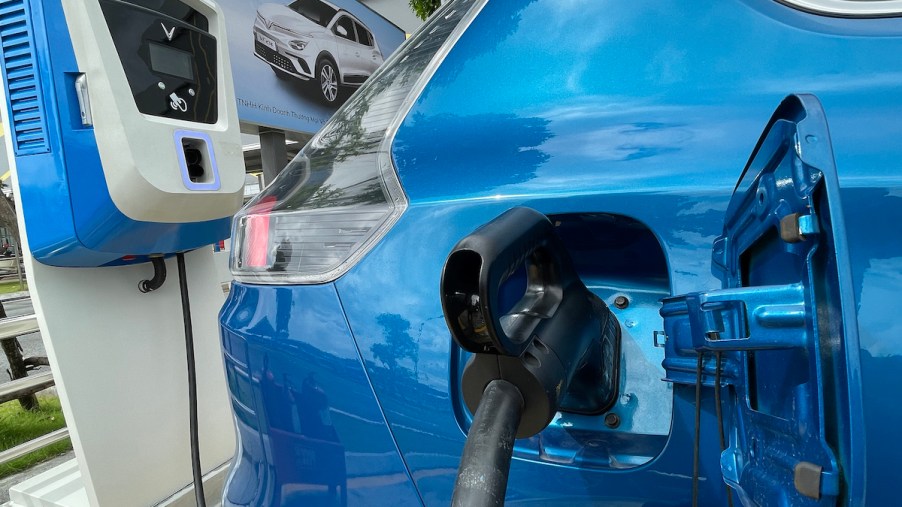
Could Idaho Scientists Actually Be Onto Faster EV Charging for Electric Vehicles?
Most of us understand the goal of reducing EV charging times to make driving electric cars more reasonable. It doesn’t make sense to expect a person to sit at a refueling station for an hour to add 80% of their charging capacity, only to do it again later in the day. Charging stations need to offer faster charging times for electric vehicles, and some scientists might have the answer.
How much can Idaho scientists cut the EV charging times for electric vehicles?
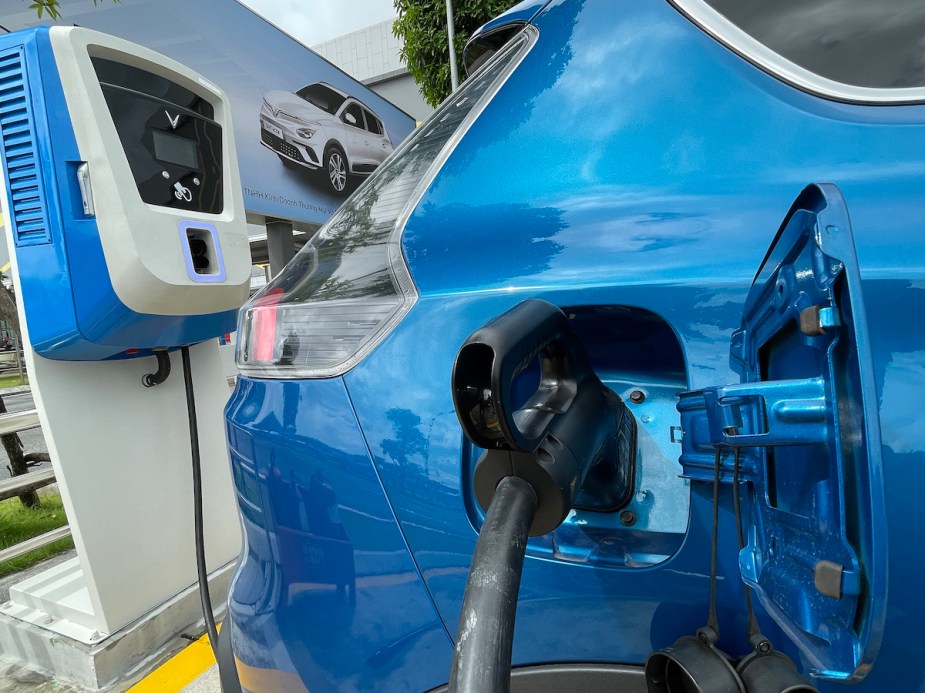
Eric Dufek of the Idaho National Laboratory presented a possible way to improve EV charging times at public DC fast chargers by nearly one-third. His presentation at the American Chemical Society (ACS) Fall 2022 meeting claims he could “significantly increase the amount of energy that can go into a battery cell in a short amount of time.”
What happens when electric vehicles charge too fast?
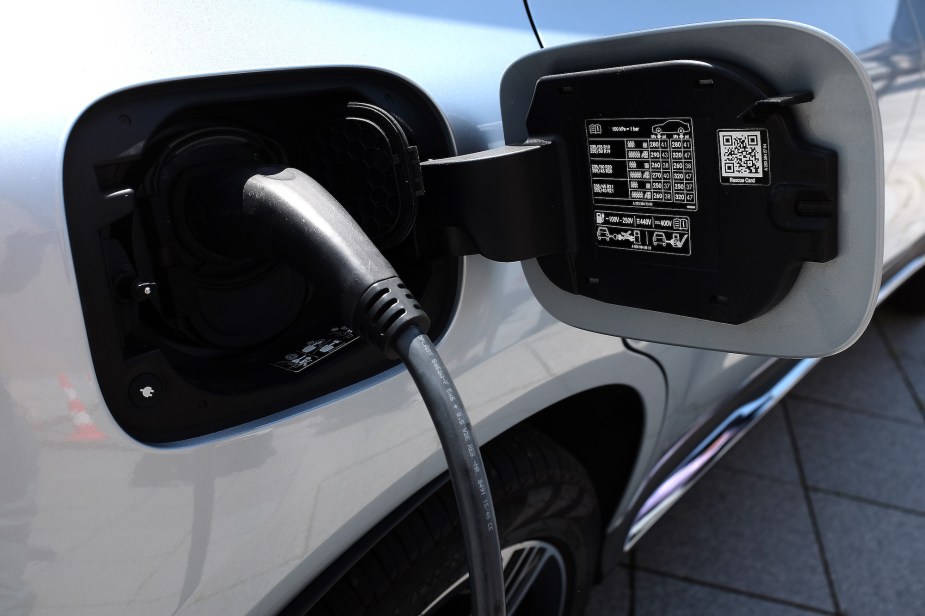
Part of why it takes so long for electric cars to charge is safety. Slower charging protects the battery cells, which are the most expensive part of any electric vehicle. Dufek claims testing of some batteries and faster charging results in some EV charging reaching 90% in ten minutes without damaging the battery. This could be a significant breakthrough in EV charging.
Charging stations can be programmed to force more energy into a battery in a shorter time. The worry is that this will damage the batteries. Currently, fast charging sometimes leaves some of the ions outside of the anode during charging. This degrades the battery performance and could lead to cracked cathodes. This would render the battery useless.
Machine learning could be the answer.
Will machine learning improve EV charging at charging stations?
Dufek proposes developing EVs that teach charging stations how to charge electric cars. This would allow EV charging to be safer and faster than currently allowable. This is an idea that might take years to develop between the programming and the machine learning required. If accomplished, it’s possible to see charging times reduced to levels that Dufek and his team have seen in the lab.
Could we move toward smaller batteries and cheaper electric cars?
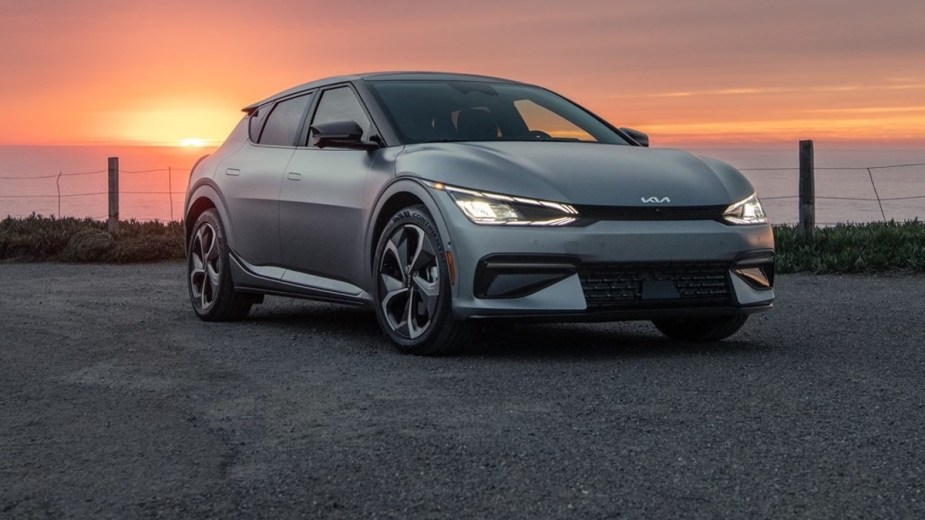
“The goal is to get very, very close to times you would see at the gas pump,” says Dufek, but another idea is also on the table. Eric D. Wachsman, director of the Maryland Energy Innovation Institute at the University of Maryland, proposes the concept of smaller batteries if machine learning works as Dufek proposes.
Smaller batteries in electric vehicles would result in cheaper EVs. This would also use less of the rare materials required to make these batteries.
Some automakers are researching the development of solid-state batteries capable of charging faster and increasing driving range.
What are EV drivers finding frustrating at current charging stations?
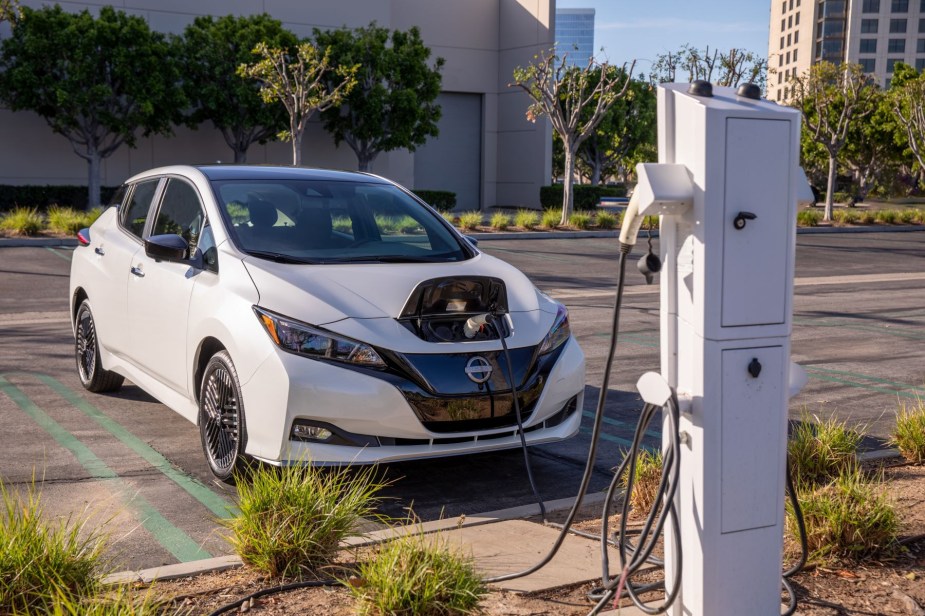
Although we’re speeding toward the adoption of electric vehicles and using EV charging to fuel up, one aspect of this movement is already frustrating many drivers. Some of the charging stations in operation are unreliable. Can you imagine the frustration felt when pulling up to a non-functioning public charger with only a few miles of driving range left in your EV batteries?
The newness of EV charging and driving electric cars continues to offer solutions through research. This will hopefully lead us to charging times and driving ranges that meet or beat gas and diesel refueling times.
Next, check out which features you should have in your car, or watch the video below to learn more about the challenges faced with DC fast charging stations.
